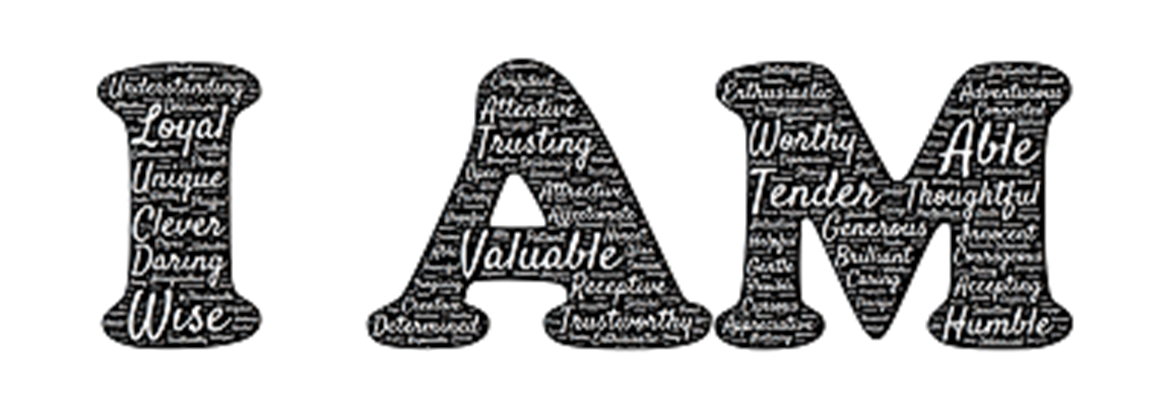
Personal Branding, the next Buzz word?
In “Be Your Own Brand”, first published in 1999, marketers David McNally and Karl Speak wrote: "Your brand is a perception or emotion, maintained by somebody other than you, that describes the total experience of having a relationship with you.
It is the impression you give people, based on the way you act. It also includes your look and feel, your performance and your communication. What you stand for and what you have to offer. What makes you stand out of the crowd?
It is the unique combination of experience (what did you do), knowledge (what do you know), interests (what do you like), competences (what is it you are good at) and values (ethics), (nonverbal) communication (what and how do you tell and your body language), and about your appearance (how do you look).
What makes you YOU!
Is Personal Branding and people not conflicting with each other?
We are human beings and not products, some would say. I fully agree, but does one exclude the other? Let’s use an example. Think about people like Richard Branson, Elon Musk or Lady Gaga. What comes up in your mind?
Let’s take Elon Musk: What might come into your mind are words like Entrepreneurship, Innovation, Out of the box, Electric cars, controversial etc. You can probably add some other words.
If we do the same for Lady Gaga: Singer, creative, extravagant, different hair colors etc etc…
What do people think when they hear your name and what do you want them to associate you with? It is all about you as a Brand.
How do you find YOUR Personal Brand?
During my work as a coach, I am confronted with coachees who have difficulties to know and describe their Personal Branding, their, so to say, Unique Selling Proposition.
What makes it so difficult for people to be aware of what they are good at? It is all about awareness. Things we are good at, are things we do without thinking, it almost goes automatic and most of the time, we don’t have to put a lot of energy in it. As a result of this, we think it is normal and that everybody can do it. Which is not the case, it is about a unique combination that nobody else in the world has.
Become aware of the things YOU are good at:
Become aware of your successes. Go back to your childhood and work towards today. Take activities from your private as well as from your business life into account. What are activities you were successful in? Were you the leader of your football team? Were you a journalist for the school journal? Why did they choose YOU? On what qualities do you get compliments, what is it you appreciated for, which were mentioned in your reference letter of your last internship? Translate these successes in knowledge, competences, interests and values. They will form the building blocks for your Personal Branding.
Ask others for input.
Now you have your first building blocks, it is the moment to get input from people around you. Ask professionals you worked with as well as family and friends. In this way you get a good inside in how other people see you in different situation. How do you come across?
If there is a difference in how you see yourself and how you are seen by others, it is interesting to find out what is happening. Do you bring qualities, that others see and you are not aware of, so you can adjust it to your brand, or do you think you have qualities that others don’t see, so you should show them more explicit in your behavior. In both situations it is interesting to discuss them and find out what is most authentic about you or how you better show it to the world.
Write your Personal Branding.
Now you collected the information, it is time to start writing your own Personal Branding message by answering the following questions:
- What do I have to offer?
- What unique combination do I offer? What makes me special?
It is important that your Personal Branding is about YOU. Obvious you would say. A look at profiles on CV’s and LinkedIn will tell you differently. Here you see how many Personal Branding profiles look the same, with general sentences that will apply for all.
A successful Personal Branding message include the following elements:
- It is in your own wording
- Describes your qualities in a unique way
- Contains words that are powerful and have impact.
- Is consistent and strong.
- Is direct, non-complex and easy to read
- Is professional, sympathetic and correct
- Is presented with enthusiasm, energy and dynamic
Mistakes in Personal Branding:
Of course, there are some mistakes people make, writing their message.
- A very common mistake made is not being unique and instead use standardized, general sentences.
- Another mistake made is overrating your qualities. Don’t do that, most of the time people don’t believe it and it might give you negative feedback. You are not looking for that.
- Afraid to put yourself in the spotlight. This is the opposite of overrating your qualities. If you don`t put yourself in the spotlight, you will not be noticed. Personal Branding is all about getting noticed.
- Too long: people tend to make it too long, having the idea that everything should be in it. In this way the message has less impact. A tip to avoid this: think about the 3 things people should remember after your Personal Branding speech. There you put attention to.
- Verbal and nonverbal are not in line: Your whole appearance should send one clear message that is in line. Include elements like: speaking, way of dressing, your marketing message on and off line.
You have a Personal Branding message, what are the next steps?
It is important that you live your Personal Branding. Your performance should be in line with the message. For example: Is your message about high quality you bring and about impact you have on clients, it is essential that this quality element is represented in everything you do. Which means that you are dressed well and have a neat appearance that connects with your message.
If you tell that you have impact on clients, you show this in your communication, for example by speaking to the point and tailored to the style of the client. Consider what to wear to have impact, red has more impact than black. This makes your Personal Branding authentic and convincing.
And start using it. Just do it. Every day you will be confronted with situations where you can practice your Personal Branding. A few are listed here.
- To set your career direction. What job, company or industry fits you.
- As a profile in your CV and on your LinkedIn profile.
- As an introduction in an interview.
- As an opening message when networking.
- As you introduce yourself to somebody in the company you work
- As you introduce yourself to a new client you want to do business with.
Writing your Personal Branding message helps you to become aware who you are and what you are good at, it shows others what you have to offer. This gives you confidence, it helps you to sell yourself and as a result you easier convince people of what you will add to a company or what you are the right person for the job.
Check from time to time with others, what comes up in their mind if they hear your name. Finetune your Personal Branding or your behavior, accordingly.
Every Personal Branding tells a story, tell yours!
Patricia Heemskerk, Career Coach
 Deutsch
Deutsch
